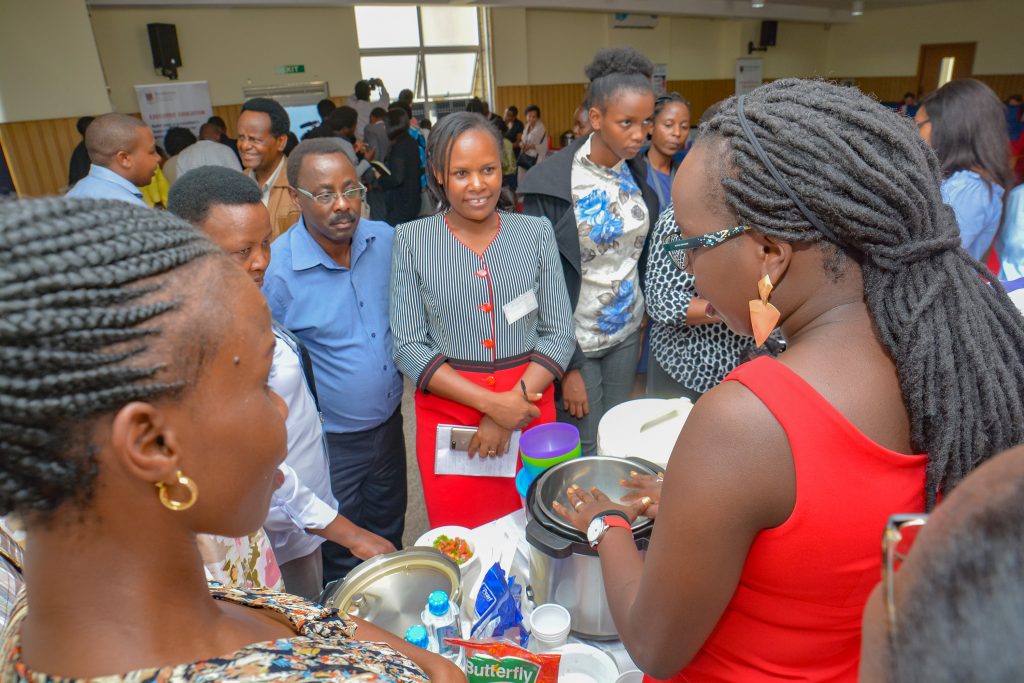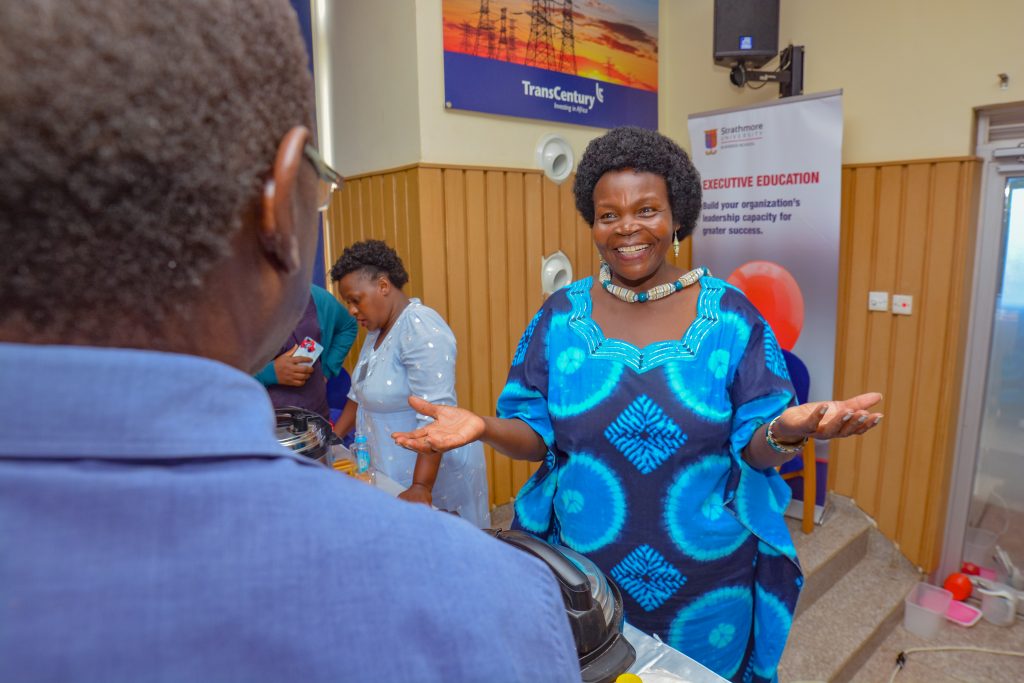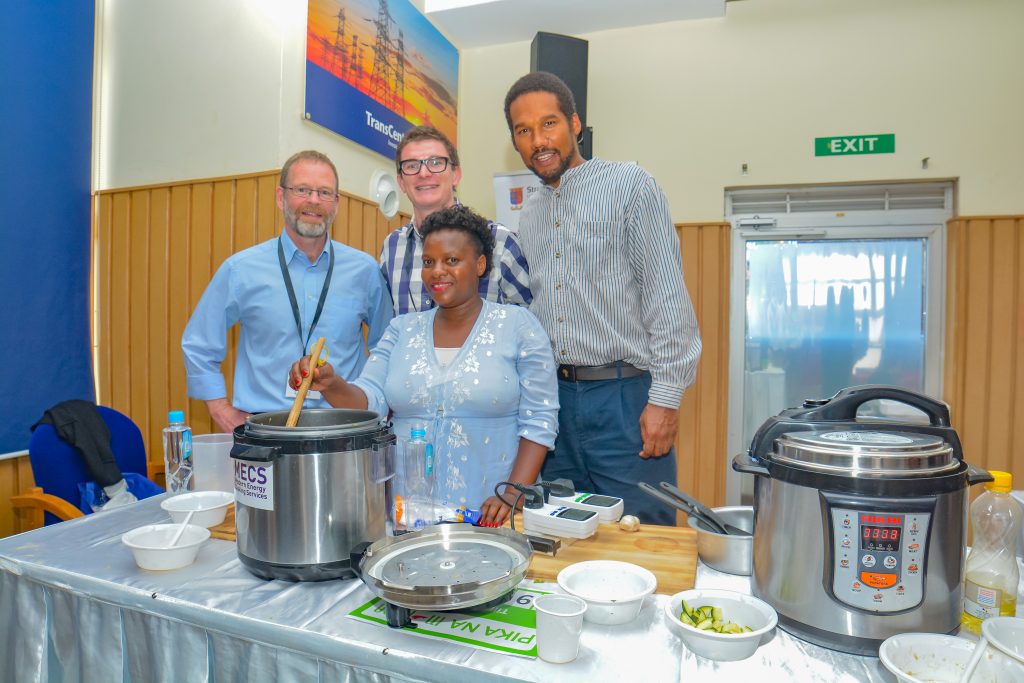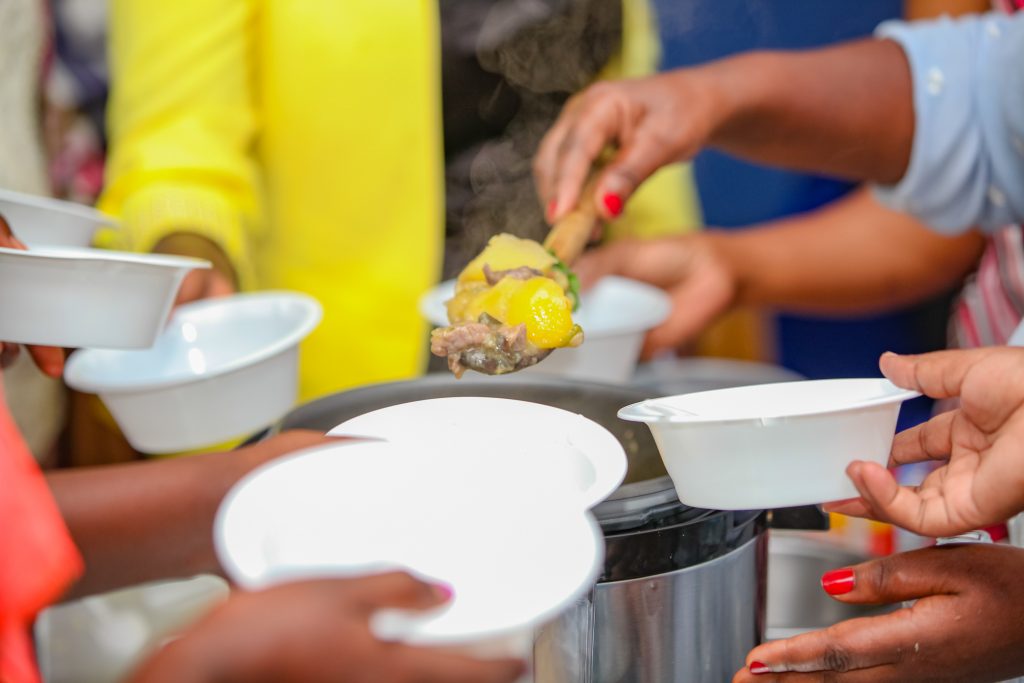- Date
- 18th October 2019
- Categories
- General
by Mourine Chepkemoi, Jon Leary, Victoria Chengo, Jacob Fodio Todd & Karen Chepkurui
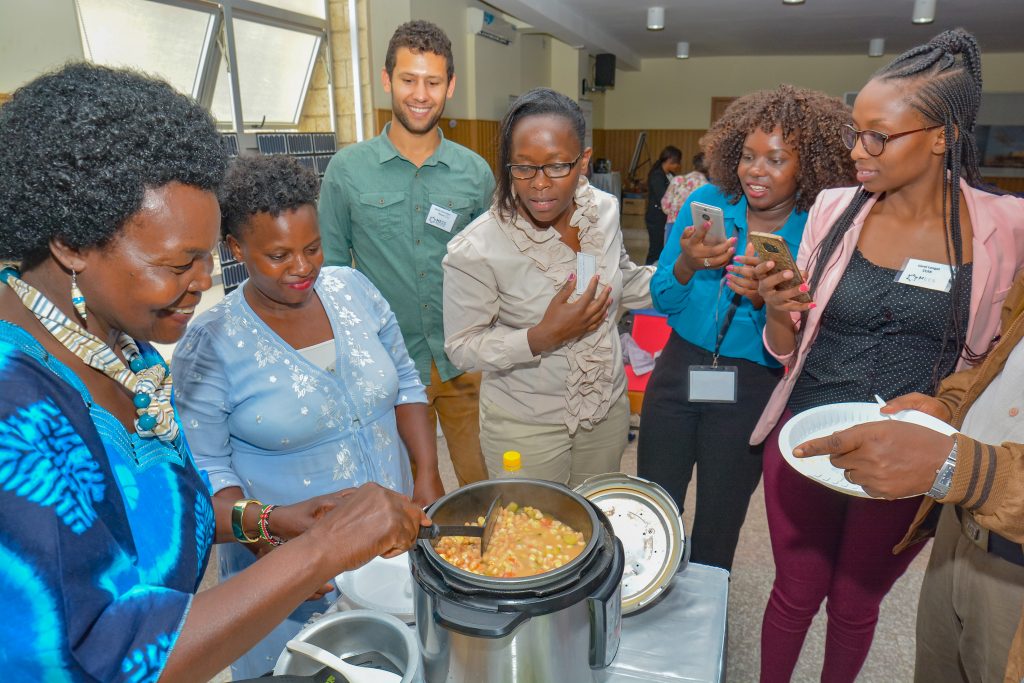
On 14th -15th May 2019, Modern Energy Cooking Services (MECS) was officially launched in East Africa – a region of strategic importance to the programme. The five year research and innovation programme will focus on how to enable the world’s 3 billion people who still cook with biomass to transition to modern and truly “clean” cooking solutions, such as electricity or gas. The 2 day workshop was held at Strathmore University Energy Centre and brought together key players from the East African national and local governments, NGOs, private sector, academia, financiers.

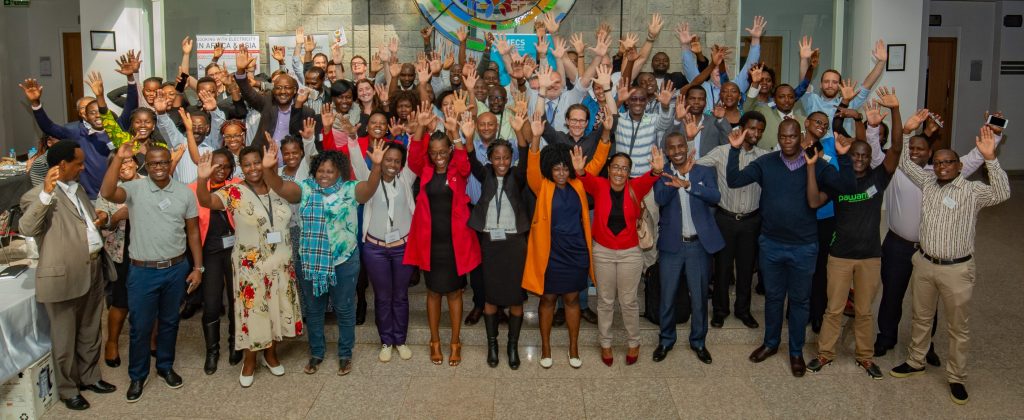
Participants explored:
- the unique opportunities and challenges facing modern energy for cooking in each national context;
- the crossover space between the electrification and clean cooking spheres; and
- how the MECS programme connects with what is already going on in the region.
Full details of the event available in the workshop report here.
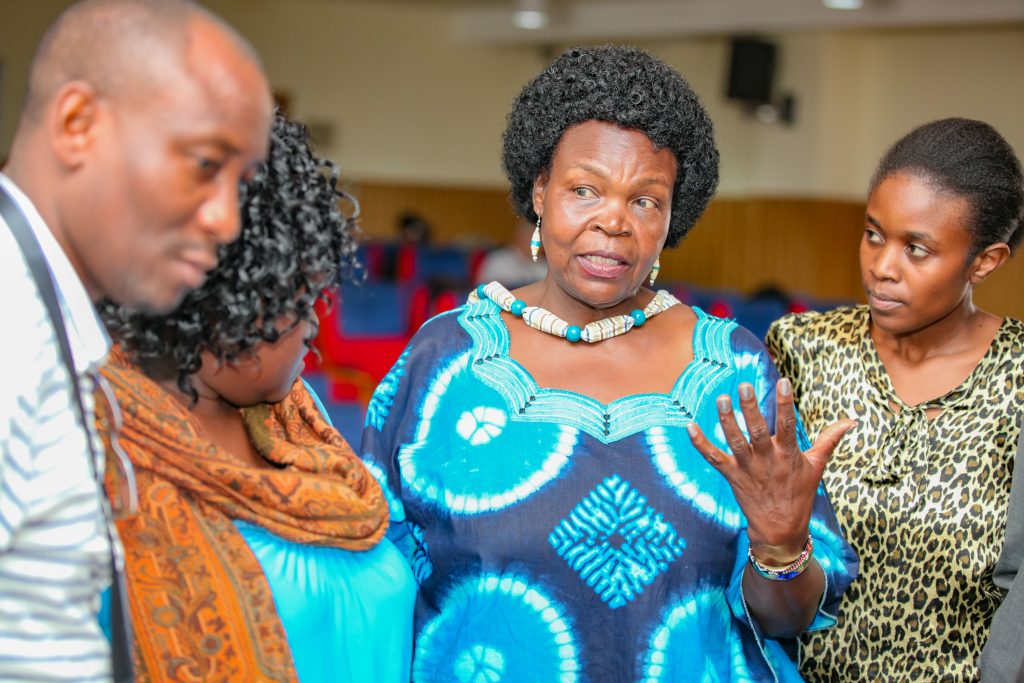
Practical Cooking Demonstrations
The event featured an array of practical cooking demonstrations, allowing participants to see, smell and taste for themselves just how easy and delicious cooking with modern, energy-efficient electric cooking appliances is. The demonstrations featured ultra-efficient appliances such as the Electric Pressure Cooker (EPC), which mesmerised the delegates with its speed and convenience. With a live commentary on the units consumed and therefore cost of cooking, many were shocked at just how cheap cooking with electricity can be.
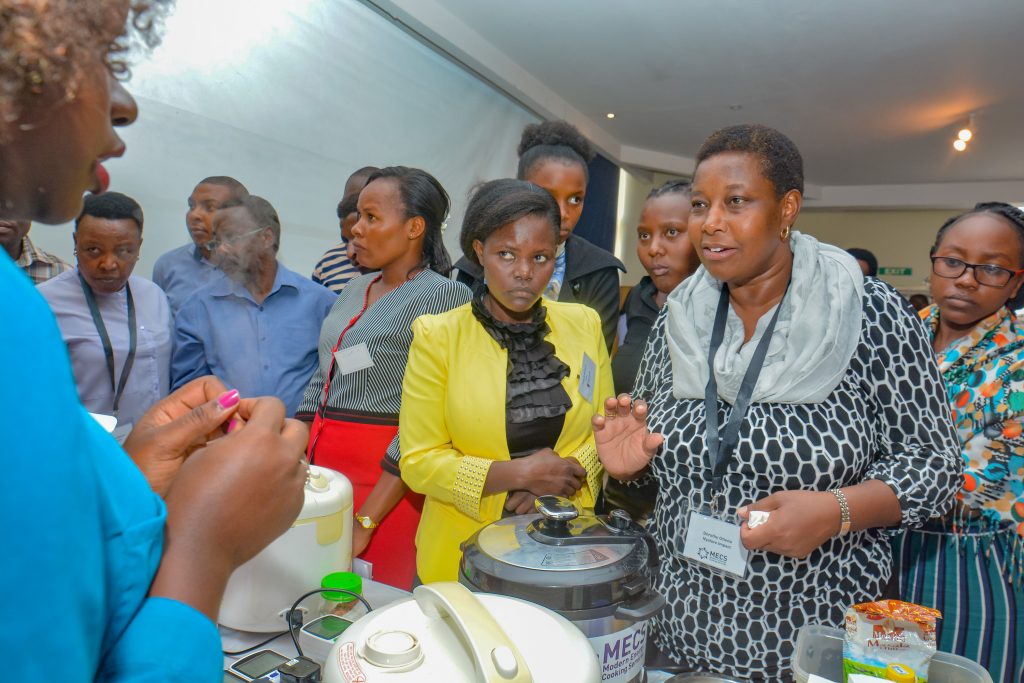
Despite having hired caterers for the event, many of the participants were so satisfied with the samples of fresh delicious food served after the demonstrations, they chose to completely forego what was provided at the hired venue.
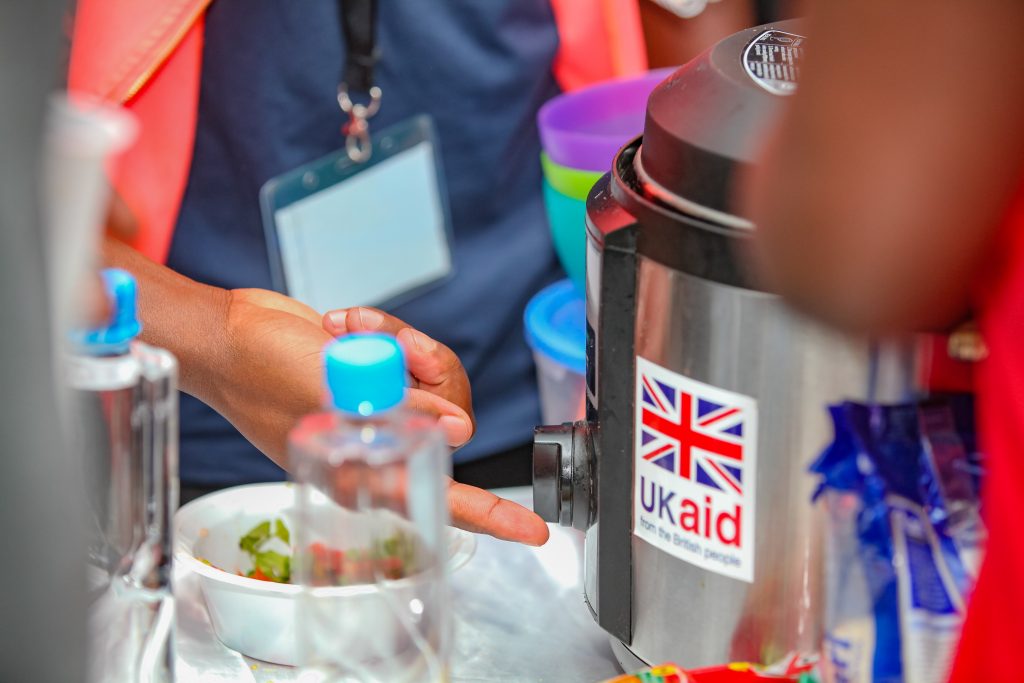
Rice cookers are typically known for cooking rice, however, participants were shocked to see with their own eyes just how many things could be cooked in them. Ugali was cooked and served from a rice cooker, with one attendee overheard remarking “mmm… you can’t tell that this ugali has been cooked in this cooker, its so well cooked!!”
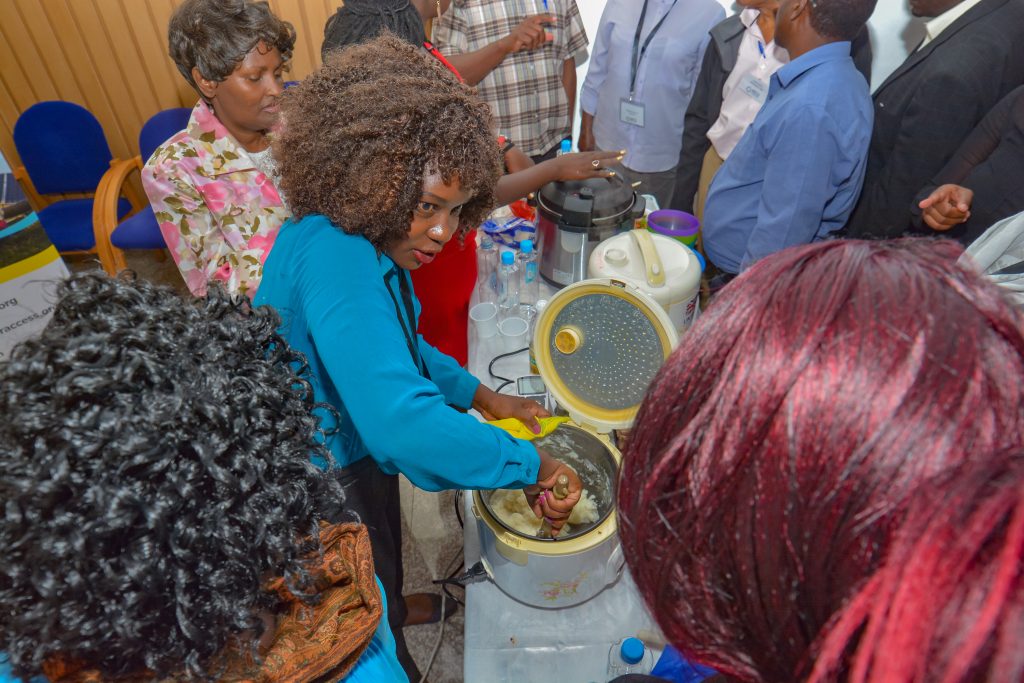
African tea was also prepared in an EPC, showing that just because it can pressurize, it doesn’t mean it has to. Matoke was well cooked in an EPC in just 5 minutes and soft githeri, which usually takes over an hour, within 30 minutes.
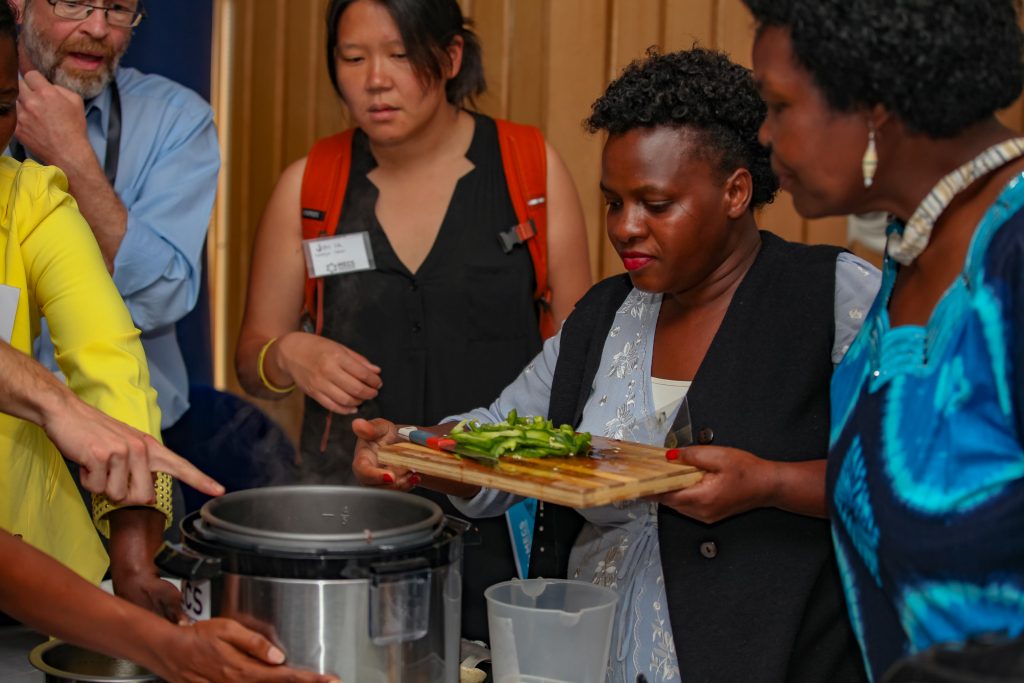
The demonstrations certainly served to catalyse the change in mind set within attendees from the clean cooking and electrification sectors, showing that the solutions to many of the challenges they had been facing are already available. Who ever thought of using a rice cooker to cook ugali?!
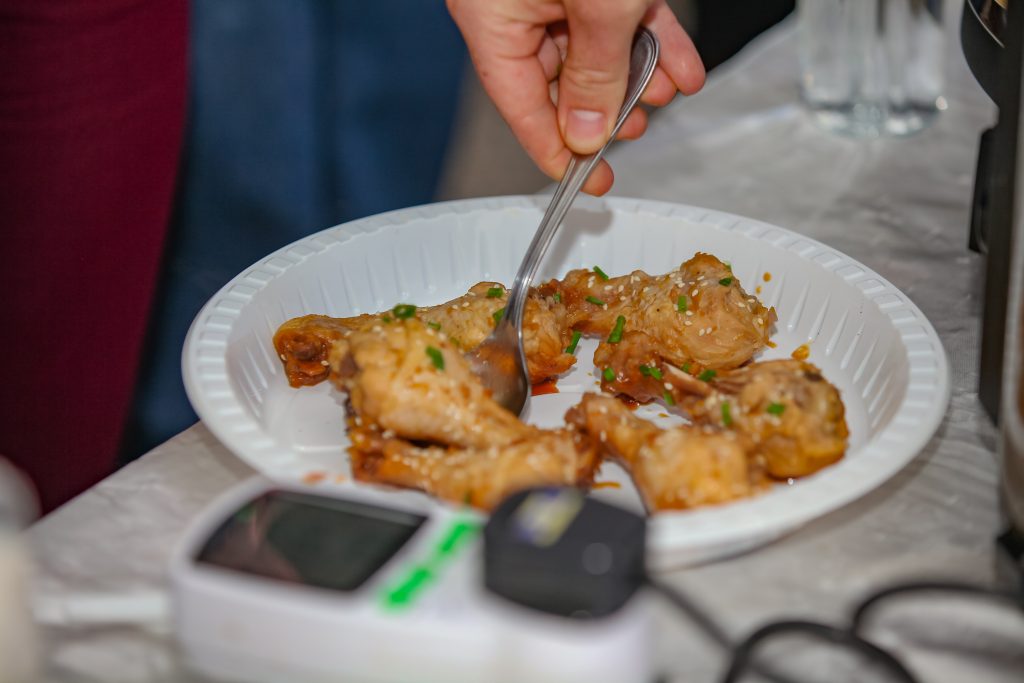
Presentations & panel discussions
The event also featured presentations and panel discussion from a range of regional experts from across the clean cooking and electrification sectors.
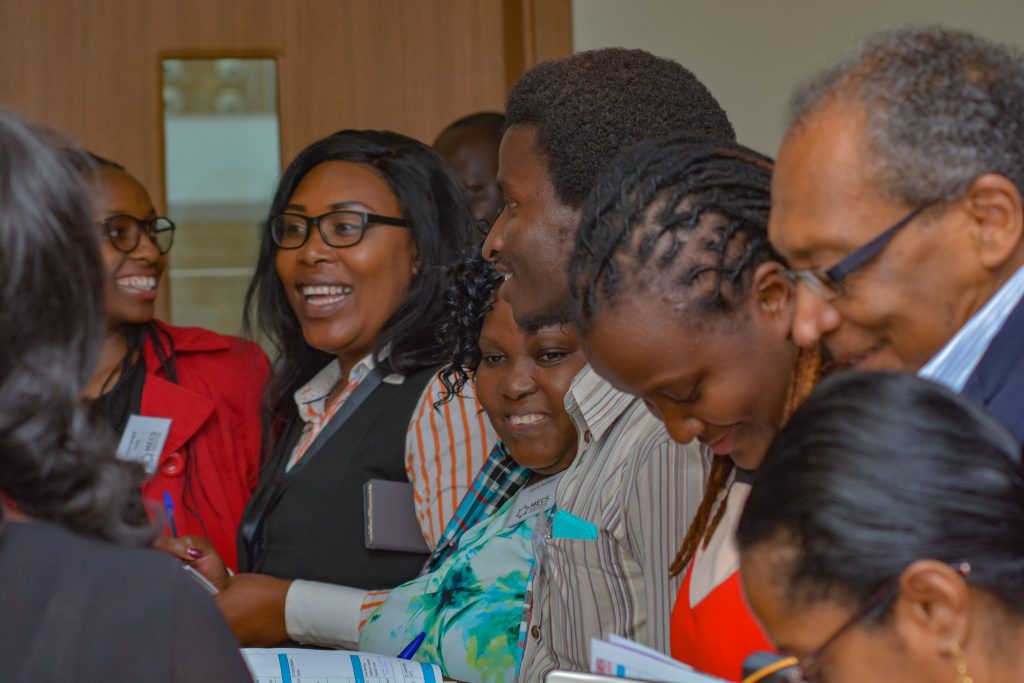
What did the experts say?
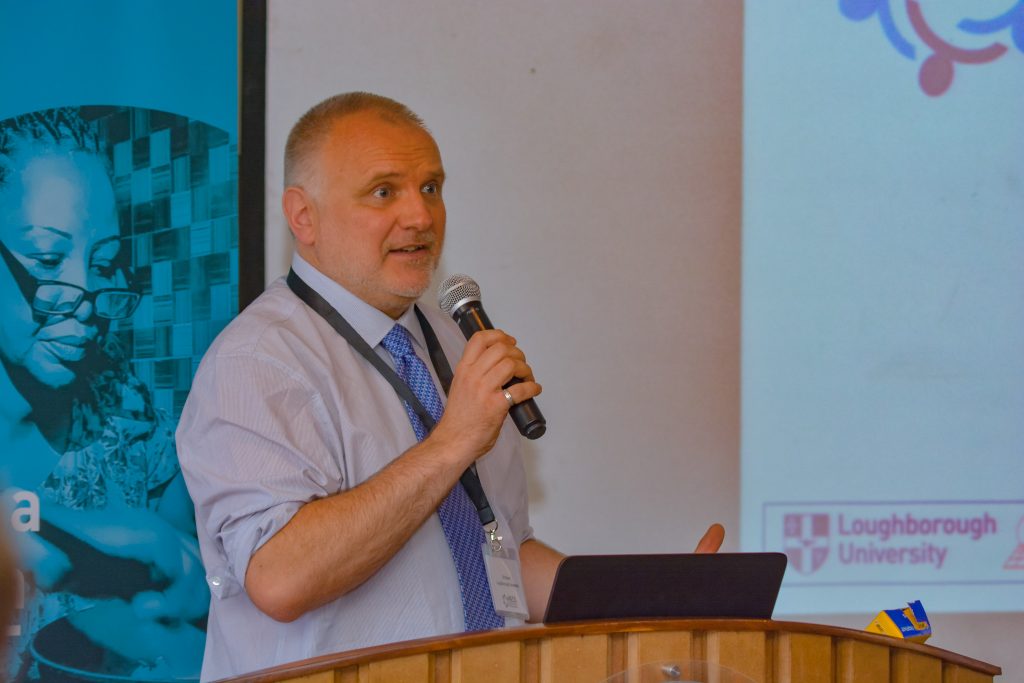
Prof. ED Brown, Professor of Global Energy Challenges at Loughborough University:
“MECS is broader than electric cooking and also includes work on new approaches to other fuels such as biogas, ethanol and LPG. It is no longer about saving the planet, this is healthy for you and your family, and we need to expand into new markets, expanding existing innovations and viable business models.”
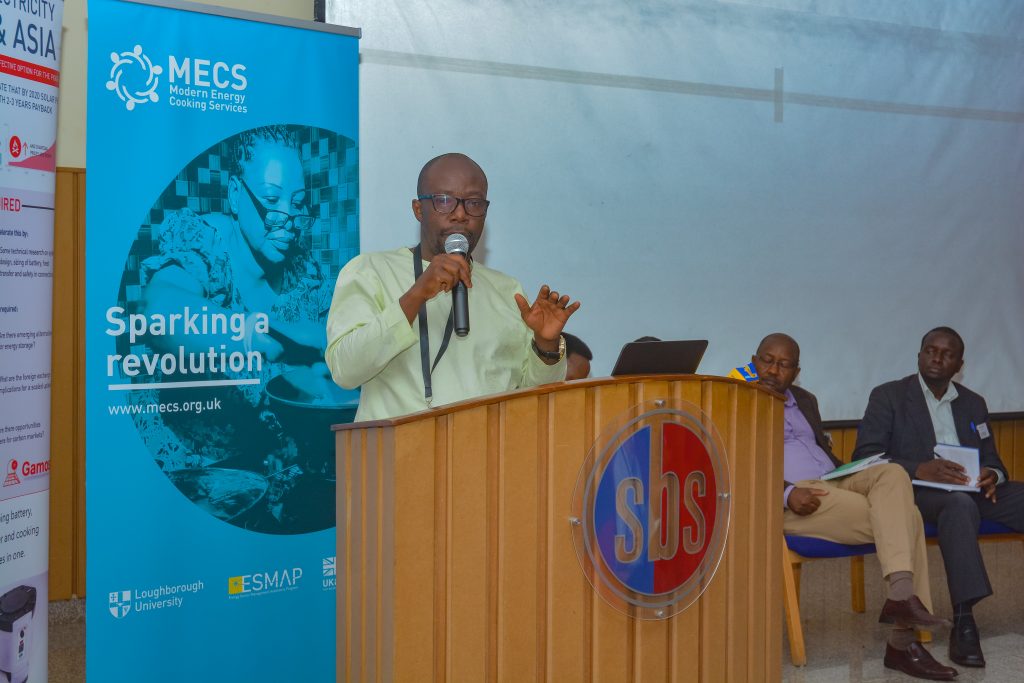
Dr. Joanes Atela, Senior Research Fellow, ACTS:
“This is the most transformative partnership we are forming, we have together supported energy issues continuously with one aim of transforming energy perspective in the region. SDG 17: Partnership for the goals has been well captured here. The big question we should be asking ourselves today is: ‘What is different?’ MECS answers it very well by focusing on the sustainability and synergizing these technologies with the context of the people for it to scale up”
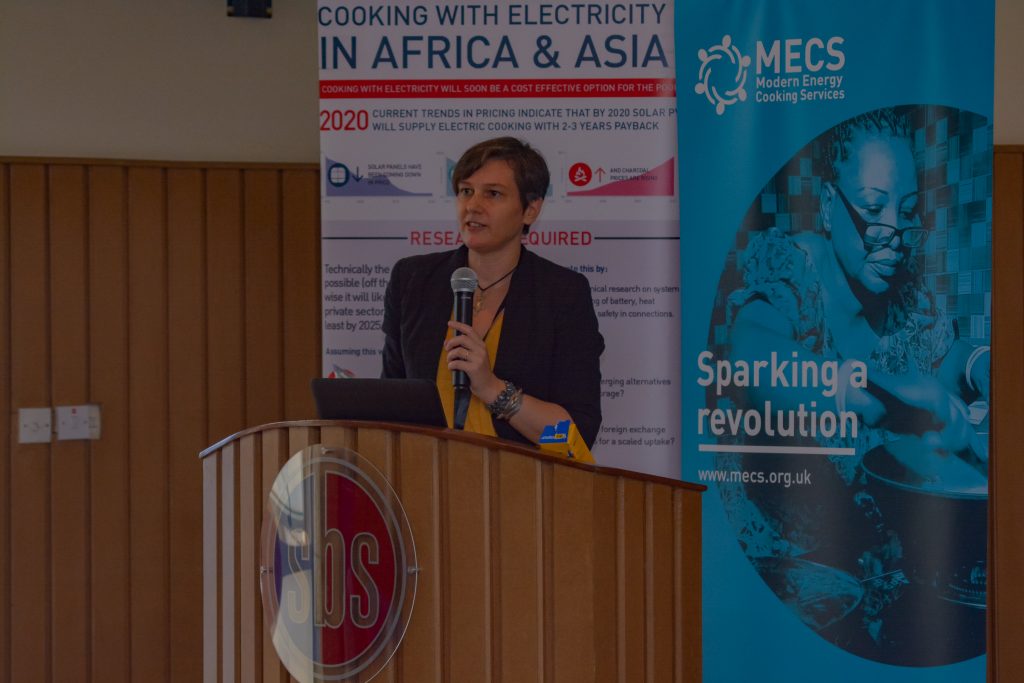
Dr. Rebecca Hanlin, Innovations Specialist, ACTS:
“We need sustainable decisions involving all: practitioners, academia, policy makers and the end users. Who is involved in the value chain of these successful business models? Is it a major challenge for MECS to focus on? How do we scale up?”
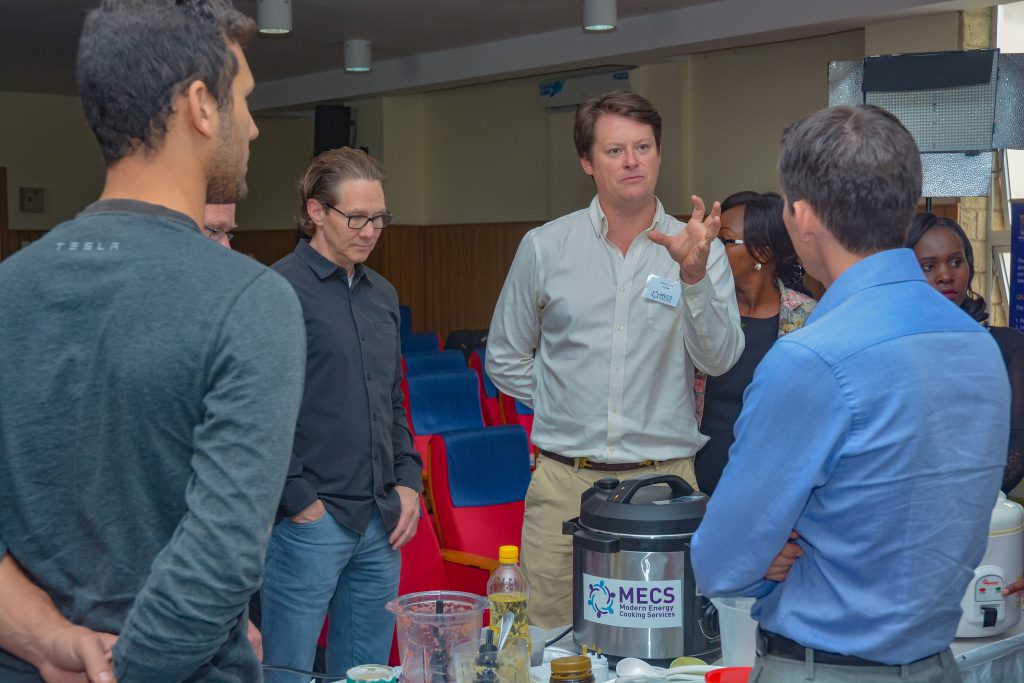
Sam Grant, East Africa Lead, CLASP:
‘Super-efficient, thoughtfully designed electric pressure cookers have the potential to dramatically improve cooking for on and off grid households across sub Saharan Africa. The combination of advanced sensors, insulation and pressure combine to create a step-change in technology.’

Simon Batchelor, Director, Gamos:
“It’s business unusual, how do we engage the lady cooking at the household level? Changing how you cook will save you a lot. There are a lot of urban and peri-urban areas, with people who pay their fuels, there is a lot to be done with improving efficiencies and even with minimal improvements it becomes very cost effective.”
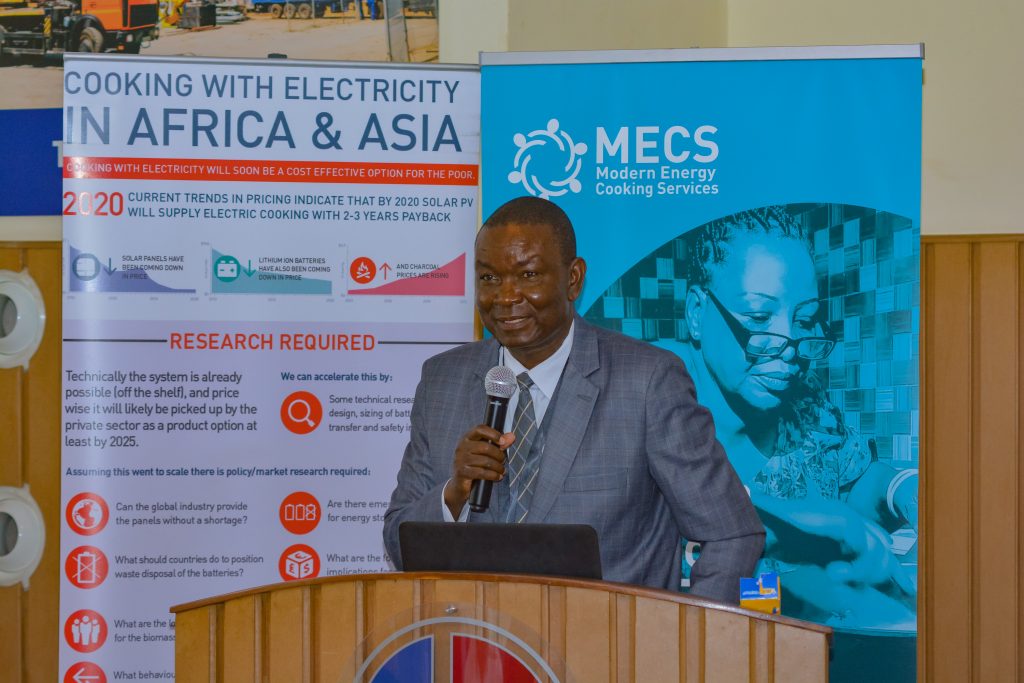
Prof. Tom Ogada, Executive Director, ACTS:
“We congratulate the key institutions who have been involved in the Modern Energy Cooking Services project, and ACTS is delighted to be part of these team and being a key players in the energy sector in the region. In the last decade, ACTS has handled over 15 research projects that directly deals with clean cooking and clean energy.”

Ms. Beverly Migani, DfID Kenya:
“We cannot ignore how much the global population cause and directly affect our health and the climate. We believe that with the right technologies, right ideas and the right research this can be tackled. DFID are happy to support not only direct climate change interventions but also attracting the private sector with innovative models and technologies to help in pushing these ideas closer to the end users.”
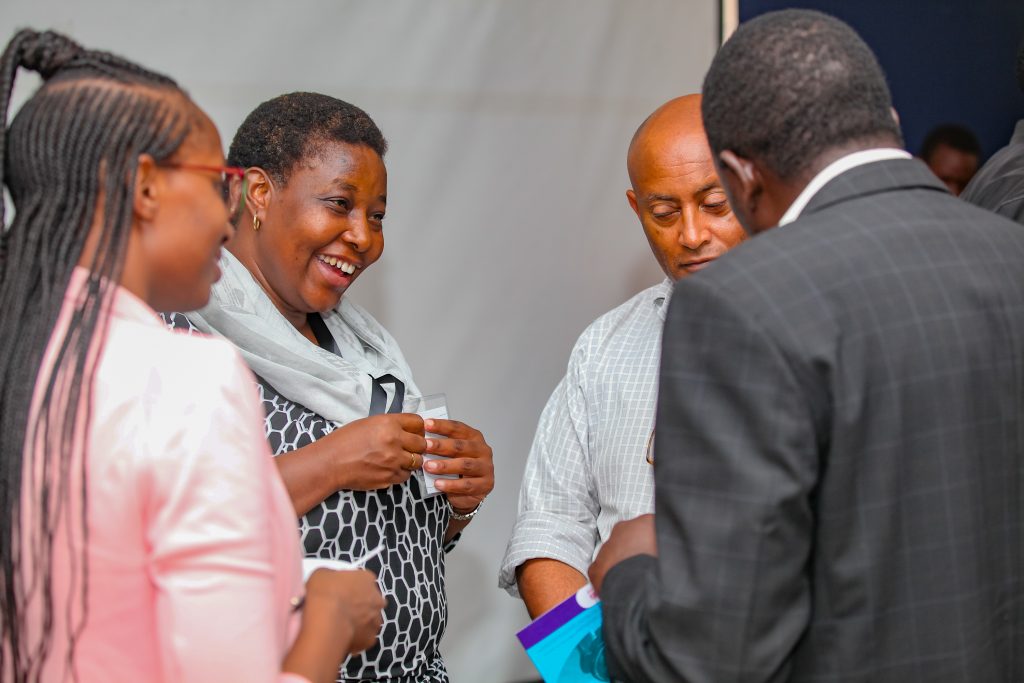
Day 2: Technical Roundtable Discussions
Electric Pressure Cookers (EPCs) have been identified as a strategically important technology for enabling the transition to modern energy for cooking, however, today they are barely present in the East African market. The second day featured a technical roundtable to support a forthcoming Global LEAP competition for EPCs.
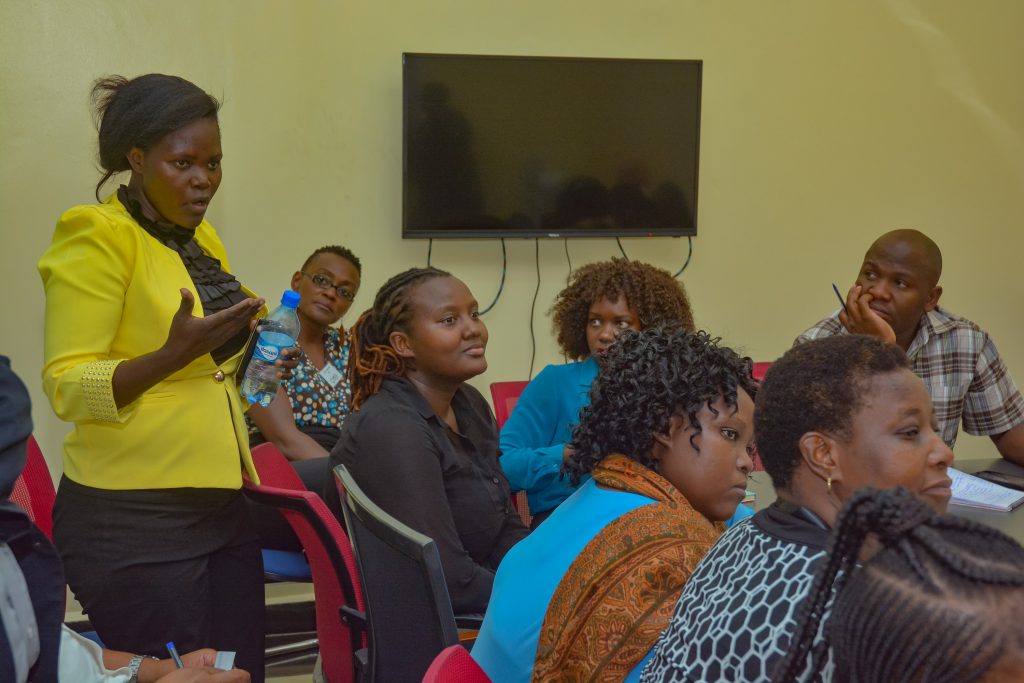
It was designed to take advantage of the convening of a broad range of stakeholders to identify the challenges that lie ahead and prioritize the strategic actions that the MECS progamme and the Efficiency for Access Coalition (EforA) can take to support the sector to overcome them. Small groups were set the following themes for discussion:
- Consumer & Market Intelligence
- Research, Design & Development
- Testing & Quality
- Policy Environment
- Distribution, Warranty & Service
- Environmental Sustainability
- Financing, Business Models, & Applications
- Behavioural change
- Safety
The full report from the EPC Technical Roundtable is available here.
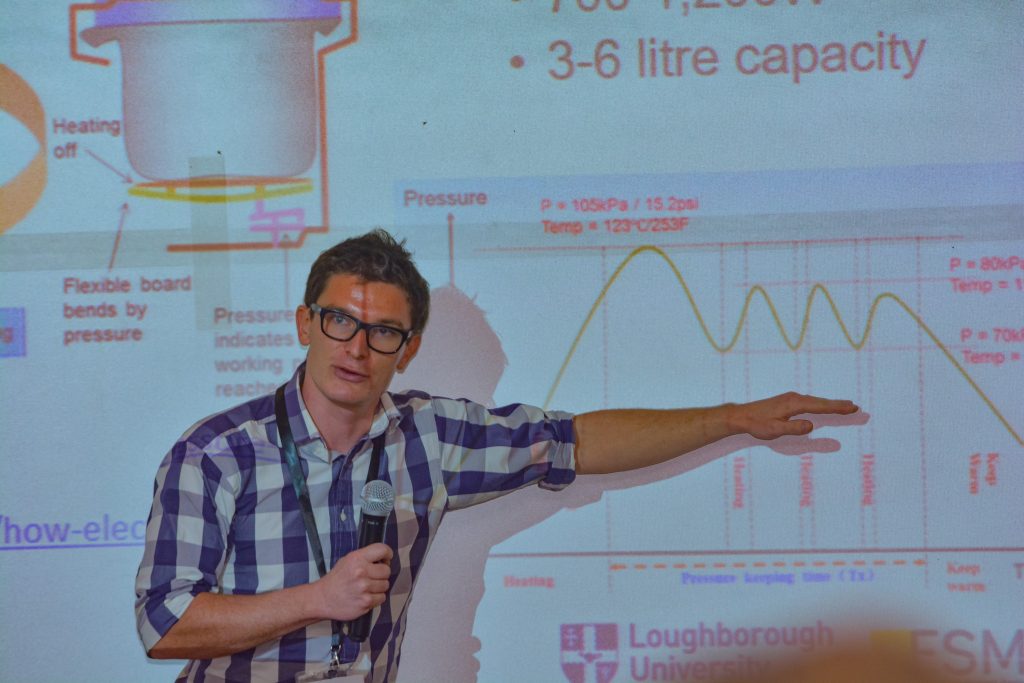
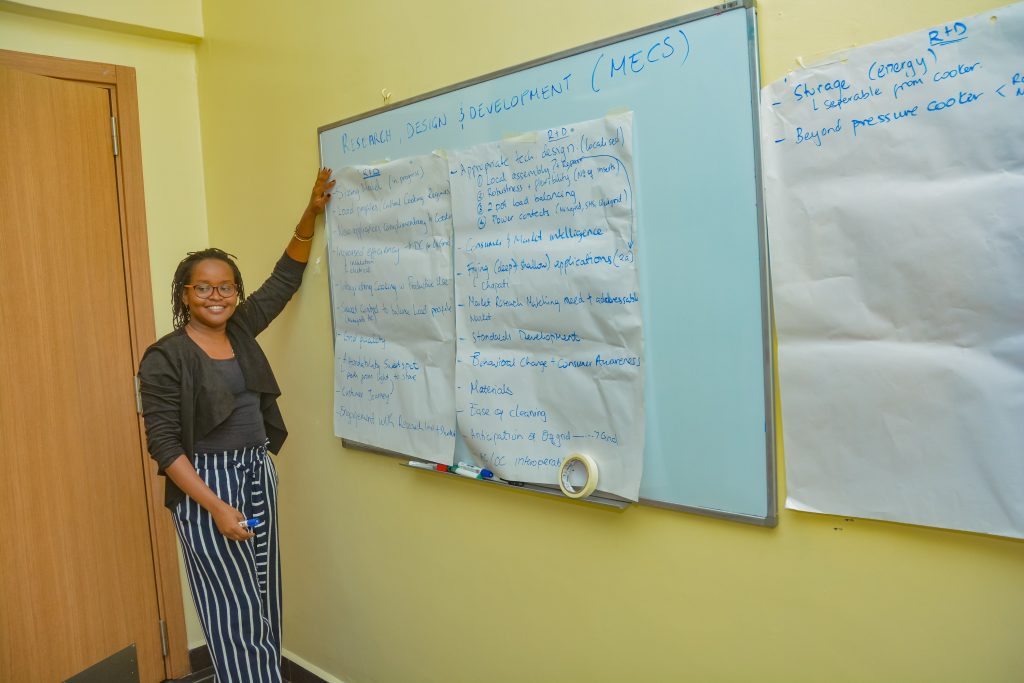
Day 2 also featured a live cooking demonstration by cooks from the recently published Nairobi eCookBook. This offered a practical demonstration of the opportunities and challenges that await for EPCs and other energy-efficient electric cooking appliances in Kenyan kitchens.
